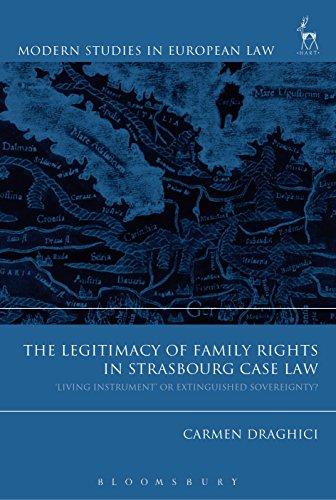Answered step by step
Verified Expert Solution
Question
1 Approved Answer
Match the definitions a. Conversion b. Contributory negligence c. defamation d. liability e. libel f. negligence g. nuisance h. slander i. tort j. vicarious liability
Match the definitions
a. Conversion
b. Contributory negligence
c. defamation
d. liability
e. libel
f. negligence
g. nuisance
h. slander
i. tort
j. vicarious liability
- A broad category of violations of the rights individuals
- False written or spoken statements that harm a person's reputation
- Actions that unreasonably deny someone the enjoyment of his or her land
- False written statement that harm a person's reputation or good name
- Actions that physically remove or destroy the personal property of others
- False spoken statements or action that damage a persons reputation or good name
- carelessness that results in injury to another person or his or her property
- The state or condition of being responsible for wrong or injury
- The shifting of responsibility from one person to another
- A concept that states that one person partially caused his or her injuries
TRUE OR FALSE
- A tort is a violation of the rights of a particular person
- Tort law is concerned with compensation for losses suffered by injured parties
- Defamation includes both libel and slander
- The tort of libel is concerned with injury to a person reputation caused by false statements that are used in testimony in court
- A person who defames another individual by exhibiting an insulting drawing in a public place could be charged with libel
- The tort of slander is concerned with injury to a person reputation caused by false statements that are spoken
- Two defense to charges of defamation are truth and provilege
- The tort nuisance does not entail taking anothers property, only detracting from his or her enjoyment of it
- Liability is the state of being responsible for a wrong or injury
- The tort of conversion is concerned with acts that deny a person the possession of his or her property
- The tort of negligence is a form of carelessness
- Vicarious liability means that one person can be held responsible for the negligent acts of another
- Negligence per se occurs when a defendant in a case of negligence has violated a law that was enacted in order to prevent the type of injury that occurred
- The 'reasonable person' doctrine is concerned with the appeal to a injury to assume how a person would behave under the best conditions
- under the doctrine of comparative negligence, juries attempt to determine how much in percentage terms the plainiff was at fault and then verdict by that amount
Step by Step Solution
There are 3 Steps involved in it
Step: 1

Get Instant Access to Expert-Tailored Solutions
See step-by-step solutions with expert insights and AI powered tools for academic success
Step: 2

Step: 3

Ace Your Homework with AI
Get the answers you need in no time with our AI-driven, step-by-step assistance
Get Started


